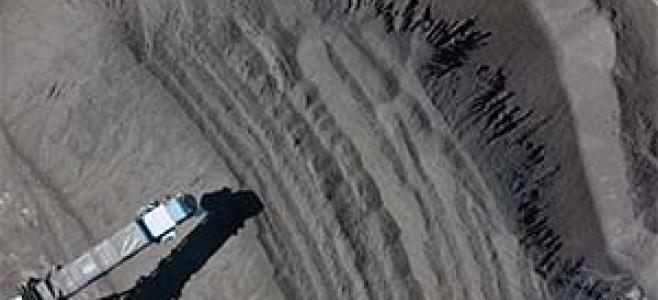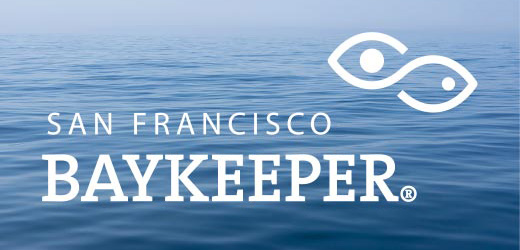The Oakland City Council has taken its final vote to approve an ordinance that bans coal from being handled and stored in the City of Oakland, including through a new bulk shipping terminal proposing to export millions of tons of coal. Baykeeper has been strongly advocating for Oakland city leaders to reject the proposed coal export project because it will contaminate the Bay and local communities with dangerous coal pollution.
The developer of the bulk shipping terminal is expected to challenge the city’s ordinance. Baykeeper will continue to advocate to stop increased coal shipments.
Baykeeper testified at the city’s hearing on the ordinance, along with a hundreds of residents and other advocacy groups, including our partners at Sierra Club, Citizens for a Better Environment, and the Asian Pacific Environmental Network.
If the proposal project goes forward, coal would arrive in Oakland via long trains of open cars running on tracks close to the Bay’s shore through many East Bay cities, and be loaded onto ships at the terminal, shedding highly toxic dust. After denying that coal would be part of the project, last year the developer of the Oakland Bulk and Oversize Terminal at the old Oakland Army Base proposed to export millions of tons of Utah coal each year.
Oakland city leaders commissioned a report on the health and safety impacts of coal export. The report, released last week, confirmed that the coal export project would be bad for the environment and unsafe for residents.
Many harmful impacts would result if coal is exported through Oakland. Coal contains arsenic, lead, and other toxins. Shipping coal through the Bay Area by rail could contaminate San Francisco Bay with coal dust blowing off open train cars. According to the rail industry’s own calculations, each open coal car loses between 500 and 2,000 pounds of dust and coal during its journey. In addition, water is used to control dust during the unloading of coal from train cars; this contaminated water would likely drain into the Bay. Coal could also be spilled directly into the Bay during ship loading.
Coal dust can smother plants and animals that live on the Bay bottom. It can keep fish from finding food, slow the growth of fish, and interfere with fish reproduction. Harm to fish also means harm to an important food source for birds and marine mammals.
In addition to polluting the Bay, coal dust carried in open train cars would blow into neighborhoods near railroad tracks in cities that include Berkeley, Emeryville, Richmond, and West Oakland. Research links coal dust to asthma—which is already a widespread public health problem in West Oakland—as well as bronchitis, pneumonia, emphysema, and heart disease.
Baykeeper has advocated against coal export from Oakland for years. We also helped scuttle a proposal by developers in 2014 for a new facility to export coal from the Port of Oakland.
In addition, we are working in opposition to an export terminal proposed for Vallejo that also may be used to export coal. Baykeeper will continue to press forward to protect San Francisco Bay, its wildlife, and residents of neighborhoods near railroad tracks from toxic coal dust.

